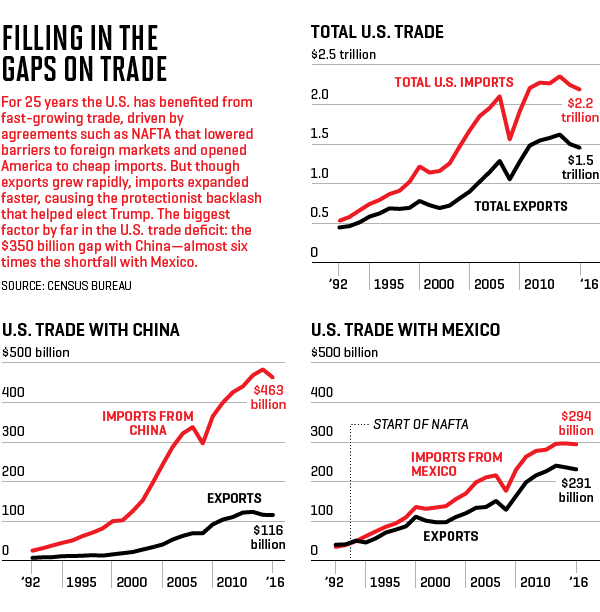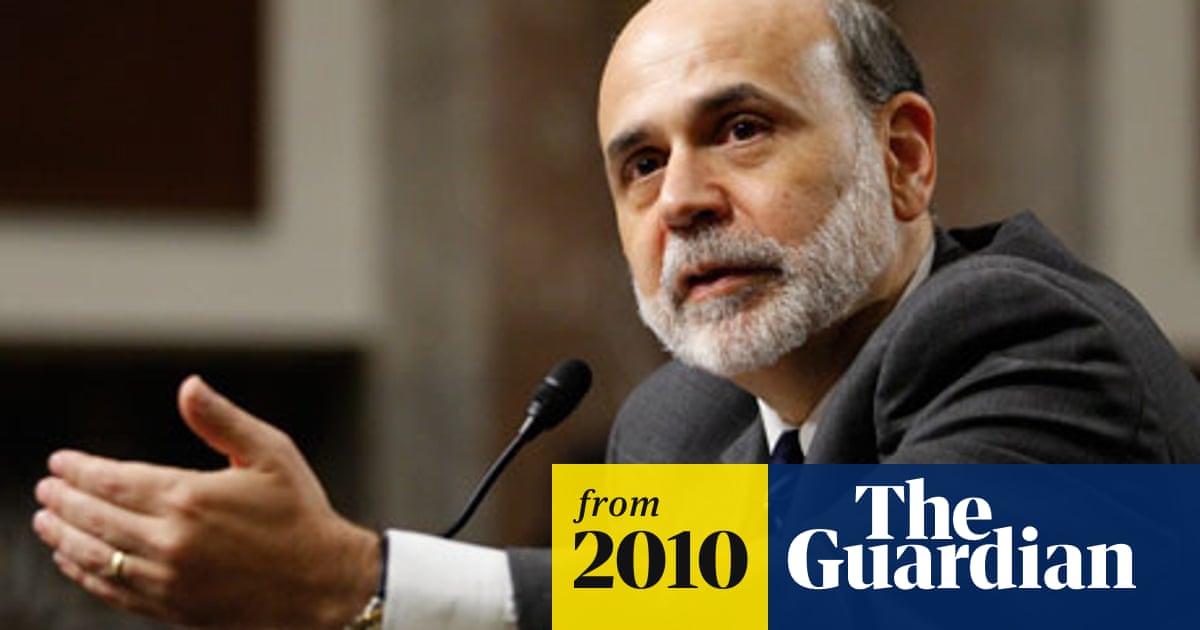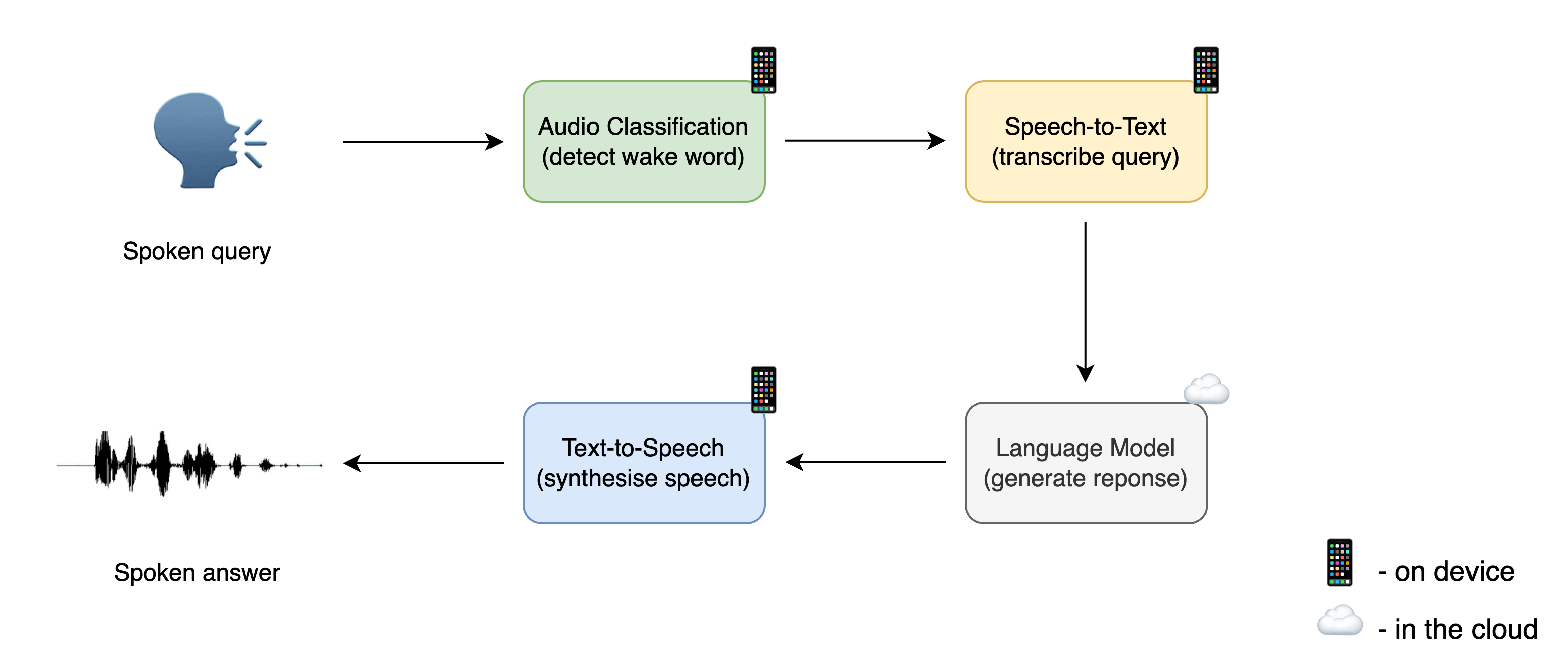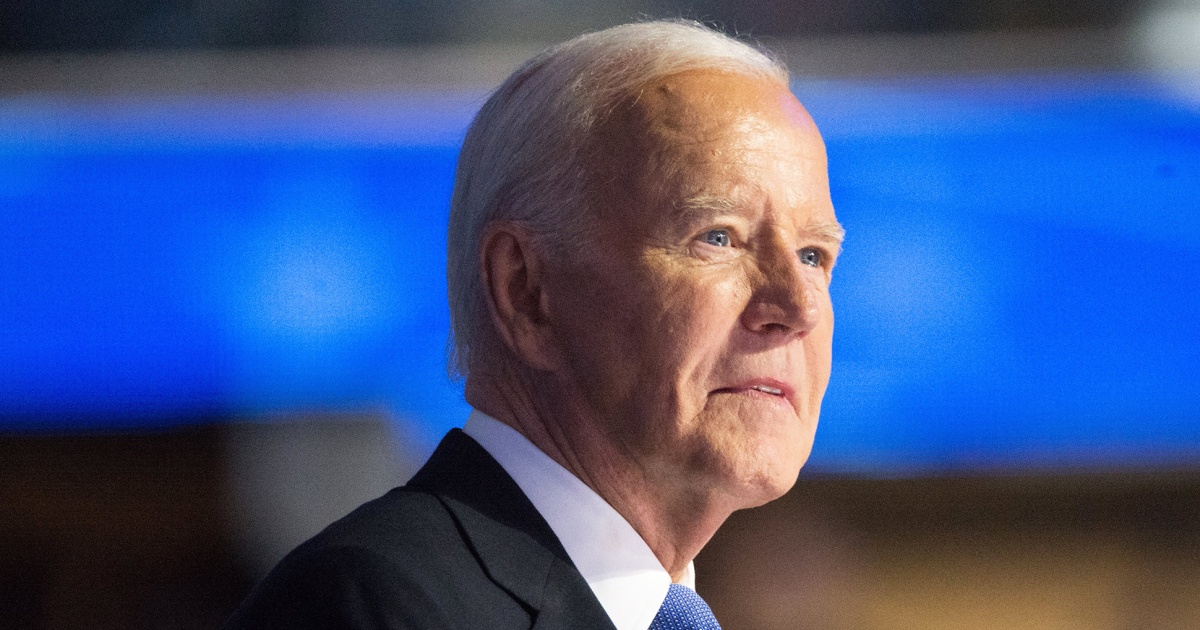Russia's Disinformation Campaign: False Greenland Reports Fuel US-Denmark Tensions

Table of Contents
The Role of Russian Disinformation in International Relations
Russia has a long and well-documented history of employing disinformation campaigns to influence global politics and undermine its adversaries. These campaigns are not merely isolated incidents but rather a core component of Russia's foreign policy strategy. Previous successes, such as interference in various elections across the globe and the manipulation of public opinion on critical geopolitical issues, demonstrate the effectiveness of this tactic. The motivations behind this strategy are multifaceted, including weakening NATO, eroding trust among allies, and ultimately advancing Russia's geopolitical interests.
- Examples of previous disinformation campaigns: Interference in the 2016 US presidential election, the spread of pro-Kremlin narratives regarding the annexation of Crimea, and the manipulation of public opinion surrounding conflicts in Syria and Ukraine.
- Strategic goals: Weakening NATO cohesion, undermining the credibility of Western institutions, and creating divisions within Western societies.
- Key players: While pinpointing specific individuals can be challenging, evidence points to the involvement of state-sponsored media outlets, internet troll farms, and affiliated organizations in the dissemination of disinformation.
False Reports about Greenland: Specific Examples and Analysis
Recent months have witnessed a surge in false or misleading reports regarding Greenland's natural resources, strategic location, and sovereignty. These reports, often disseminated through social media platforms, obscure online forums, and pro-Kremlin media outlets, paint a distorted picture of the island nation’s reality. The narratives often center on exaggerated claims of untapped mineral wealth, the potential for establishing a significant Russian military presence, or the assertion of disputed territorial claims.
- Specific examples: Reports exaggerating Greenland's rare earth mineral reserves, fabricated news articles about secret Russian military agreements with Greenland, and the dissemination of manipulated satellite imagery suggesting increased Russian activity near Greenland.
- Target audience: While these reports are disseminated broadly, the target audience appears to be both the American and Danish public, aiming to fuel distrust and sow seeds of doubt regarding the US-Denmark alliance.
- Evidence linking to Russian sources: Although direct attribution is difficult, analysis of IP addresses, language style, and the thematic consistency with existing pro-Kremlin narratives strongly suggests Russian involvement.
The Impact on US-Denmark Relations: A Strained Partnership?
The historically strong relationship between the US and Denmark, anchored in shared democratic values and NATO membership, has been tested by the recent disinformation campaign. The spread of false reports concerning Greenland has eroded trust and fueled misunderstandings, leading to diplomatic friction and disagreements on critical issues. This strained partnership carries significant consequences, potentially weakening NATO's unity and stability in the Arctic region.
- Diplomatic friction: Public disagreements over Greenland's strategic importance, delays in joint military exercises, and cautious public statements from both governments reflect the damage caused by disinformation.
- Economic and political implications: A weakened US-Denmark partnership could impact joint economic ventures, limit cooperation on Arctic research and environmental initiatives, and create vulnerabilities in regional security.
- Potential for future conflict: Continued distrust fueled by disinformation can escalate tensions and hinder the ability to address shared challenges effectively.
Countering Disinformation: Strategies for Mitigation
Combating Russia's disinformation campaign requires a multi-pronged approach encompassing media literacy initiatives, robust fact-checking organizations, and proactive government responses. Improving media literacy among the public is crucial in enabling individuals to critically evaluate information and identify potential disinformation tactics. Fact-checking organizations play a vital role in debunking false narratives and providing accurate information, while governments must develop strategies for identifying and countering disinformation campaigns.
- Successful strategies: Fact-checking websites, social media campaigns promoting media literacy, and government-led initiatives to educate the public.
- Challenges: The speed and scale at which disinformation spreads online, the difficulty in attributing sources definitively, and the sophistication of modern disinformation techniques.
- Future research and policy development: Continued research on the psychology of disinformation, advancements in AI-powered detection tools, and improved international cooperation to share intelligence and coordinate counter-disinformation efforts.
The Enduring Threat of Russia's Disinformation Campaign
In conclusion, fabricated reports about Greenland, likely part of a broader Russia's disinformation campaign, have demonstrably fueled tension between the United States and Denmark. This highlights the pervasive threat posed by disinformation to international relations and the need for collective action to combat it. The ongoing impact on the US-Denmark partnership underscores the strategic importance of countering Russia's ongoing disinformation efforts. We must remain vigilant against these tactics and prioritize strategies to promote media literacy, support independent fact-checking, and enhance international cooperation in analyzing Russia's disinformation tactics. Report suspicious online activity and be a critical consumer of information. Only through collective effort can we effectively combat this enduring threat.

Featured Posts
-
 Nfl Drafts First Round A Green Bay Preview
Apr 26, 2025
Nfl Drafts First Round A Green Bay Preview
Apr 26, 2025 -
 Ceo Concerns Trumps Trade Policies And Their Economic Consequences
Apr 26, 2025
Ceo Concerns Trumps Trade Policies And Their Economic Consequences
Apr 26, 2025 -
 Uncertain Times The Next Federal Reserve Chairmans Complex Task
Apr 26, 2025
Uncertain Times The Next Federal Reserve Chairmans Complex Task
Apr 26, 2025 -
 Open Ais 2024 Event Easier Voice Assistant Creation For Developers
Apr 26, 2025
Open Ais 2024 Event Easier Voice Assistant Creation For Developers
Apr 26, 2025 -
 New Time Interview Trumps Opinion On A Ban On Congressional Stock Trading
Apr 26, 2025
New Time Interview Trumps Opinion On A Ban On Congressional Stock Trading
Apr 26, 2025
